Uncategorized
-
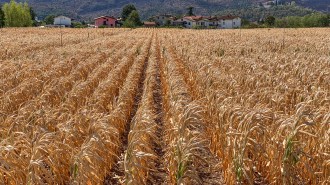 Climate
Climate‘Flash droughts’ are growing increasingly common
Droughts are forming faster more often in much of the world due to climate change, a new study finds.
-
 Astronomy
AstronomyThe first black hole portrait got sharper thanks to machine learning
A machine learning technique filled in data gaps in the image of M87’s black hole, resulting in a thinner ring.
-
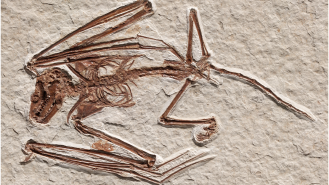 Paleontology
PaleontologyNewfound bat skeletons are the oldest on record
The newly identified species Icaronycteris gunnelli lived about 52.5 million years ago in what is now Wyoming and looked a lot like modern bats.
By Sid Perkins -
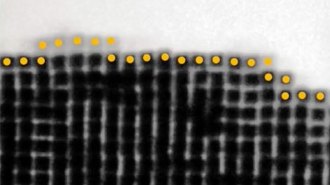 Physics
PhysicsVideos of gold nanoparticles snapping together show how some crystals grow
Real-time electron microscopy shows gold nanoparticles tumbling and sliding in a fluid before snapping together in crystalline structures.
-
 Tech
TechHow ChatGPT and similar AI will disrupt education
The new chatbot ChatGPT and other generative AI encourage cheating and offer up incorrect info, but they could also be used for good.
-
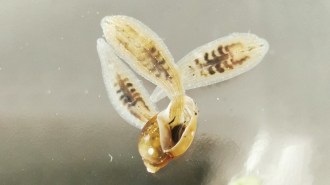 Animals
AnimalsFreshwater leeches’ taste for snails could help control snail-borne diseases
A freshwater leech species will eat snails, raising the possibility that leeches could be used to control snail-borne diseases that infect humans and livestock.
-
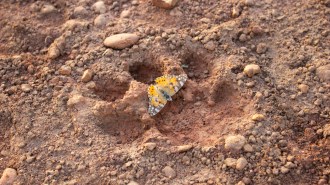 Animals
AnimalsThe last leg of the longest butterfly migration has now been identified
After a long journey across the Sahara, painted lady butterflies from Europe set up camp in central Africa to wait out winter and breed.
-
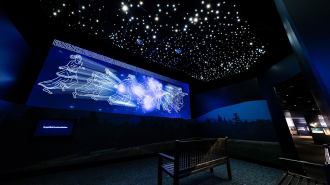 Science & Society
Science & SocietyThe Smithsonian’s ‘Lights Out’ inspires visitors to save the fading night sky
The exhibition examines how light pollution harms astronomy, ecosystems and human cultures. But it also offers hope.
-
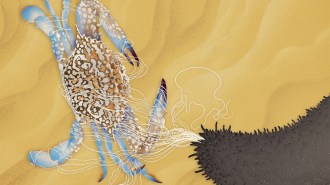 Animals
AnimalsThis sea cucumber shoots sticky tubes out of its butt. Its genes hint at how
A new genetics study is providing a wealth of information about silky, sticky tubes, called the Cuvierian organ, that sea cucumbers use to tangle foes.
-
 Math
MathDense crowds of pedestrians shift into surprisingly orderly lines. Math explains why
New research into collective behavior adds to decades of study on the wisdom of crowds.
-
 Environment
EnvironmentSatellite imagery reveals ‘hidden’ tornado tracks
Twisters that churn over barren landscapes leave scars that are invisible to human eyes but are detectable with infrared light.
-
 Climate
ClimateHow an Indigenous community in Panama is escaping rising seas
The Indigenous Guna peoples' relocation from Panama could offer lessons for other communities threatened by climate change.